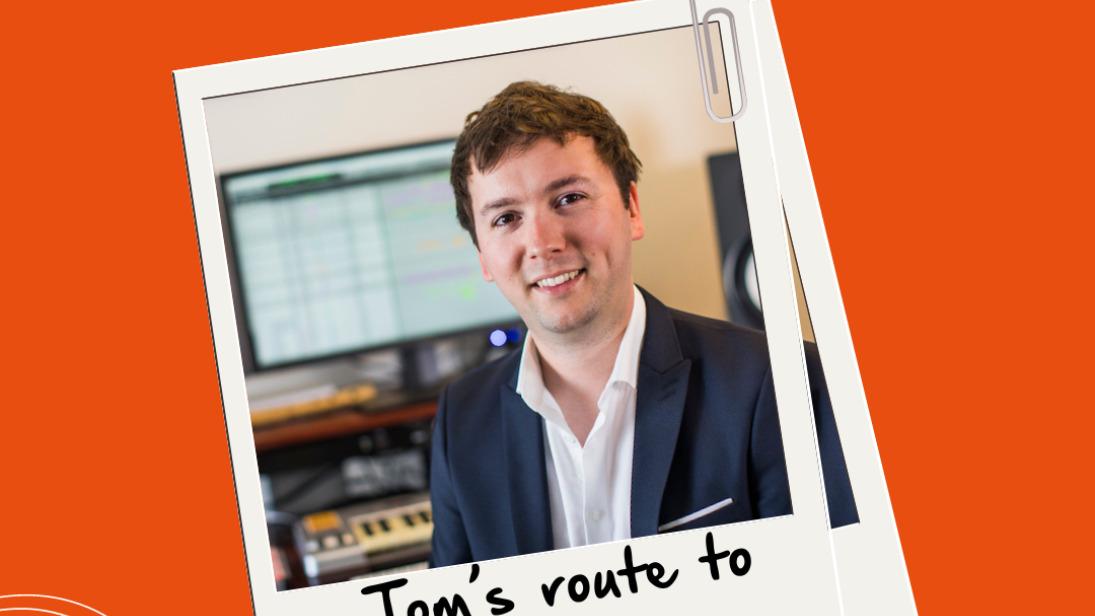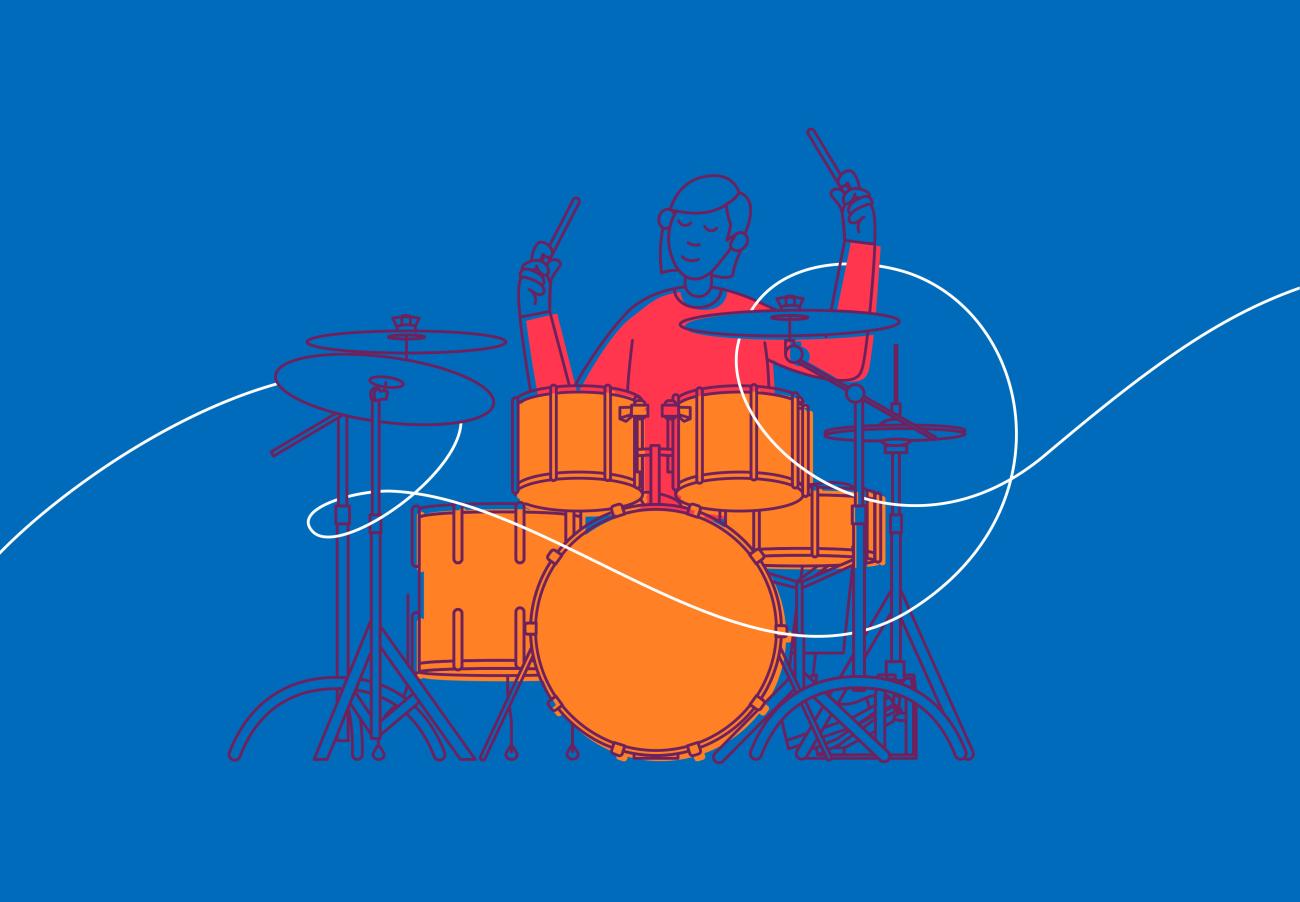Why theory? Tom’s route to career success

Learning about music theory can help performers at all levels to get the most from their music making. We asked some of our ABRSM scholars, studying at our partner Royal Schools, to tell us what music theory means to them and share some tips. This week we hear from Tom.
Let’s start easy - what’s your name and what country are you from?
My name is Tom Harrison and I grew up just outside of Elgin in the northeast of Scotland.
What area of music do you work in?
I have worked in several areas of the music industry including musical direction, touring and songwriting but my principle focus is being a film composer. My music has been used in over 200 different television series and I am currently working towards a Doctorate in Composition at the Royal College of Music. My book How to Become a Film Composer is globally distributed by Hal Leonard.
How has music theory helped you along your musical journey?
The study of music theory has been absolutely fundamental to my success in the music business. Learning a wide melodic, harmonic and rhythmic vocabulary has inspired and enabled me to compose music that I would never have been able to write if I was guessing my way through the process. When writing music for film, it is important to be able to call upon a deep musical vocabulary to bring out the often complex emotions of the story. In addition, one has to be able to compose vast amounts of music in many different styles for a diverse range of instruments, all while meeting tight deadlines. Throughout my career, I have consistently found that a strong knowledge of music theory has been a fundamental part of the arsenal that has allowed me to quickly solve the many musical puzzles I have encountered.
Why do you think it’s important to study music theory?
Of course, knowledge of music theory helps when communicating with other musicians, solving compositional problems, notating ideas, learning and memorising pieces, improvising, and playing at sight. For composers, the study of music theory gives you the understanding, options and tools that can help you not only express the music that is in your head but to construct music that is beyond what you can currently imagine. Speaking for myself, I started as the bass player and singer in a Pop-Punk band at school. From there, studying music theory allowed me to understand other musics from Heavy Metal to Bebop Jazz to the fugues of Bach and the symphonies of Mahler. It is an endless pursuit that excites me every day. It is a joy to continue to learn and keep trying to make each composition more interesting and evocative than the last.
What’s your music theory superpower?
There are many areas of music theory that I find fascinating. I particularly enjoy exploring counterpoint and harmony. Combining my knowledge of harmony with aural skills has allowed me to become adept at transcribing music. I think that transcription is one of the best ways to accelerate your understanding and skills because it is such a multifaceted task. Transcribing your favourite songs allows you to uncover their secrets and determine why they move you. It is a joy to uncover and analyse another composer's beautiful modulations or devastating dissonances.
I was recently asked to arrange and produce 40 classic pop songs for a children’s media company. I was given a Spotify playlist, the lyrics and a tight deadline. Needless to say, this required transcribing the songs and then using all of the skills I have learned along the way (including concepts from Baroque counterpoint) to complete the assignment in a satisfactory manner ahead of the deadline.
Do you have any top tips for someone studying for a music theory exam?
I suggest conducting your own mock exams under exam conditions as a means of practising. This is particularly true for the higher grades that involve composition questions. It is helpful to get a sense of how much time you can spend on each question and how it feels to work through an entire paper within the time limit. I also suggest making sure to apportion time to thoroughly check through your answers. It might be worth doing a couple of these mock tests and asking your teacher to mark and give you some
feedback on them in the weeks leading up to your exam. Also, always remember to enjoy the process of learning more about how music works. It’s your exam, it’s your opportunity to learn, have fun, and achieve your goals.
Finally, if you could be any key signature, what would you be and why?
My favourite key is Eb Major. I’ve always felt that the key of Eb Major has a warmth and a tinge of nostalgia to it. Some of my favourite pieces of music are in this key, from Elgar’s Nimrod and Chopin’s famous Nocturne all the way to “Basket Case” by Green Day, which is the song that got me interested in becoming a musician in the first place.
Find out more about Tom and his music at tomharrisoncomposer.com.

